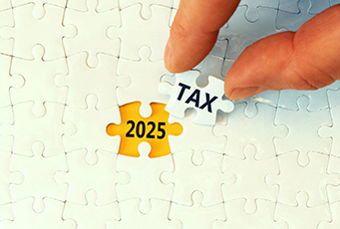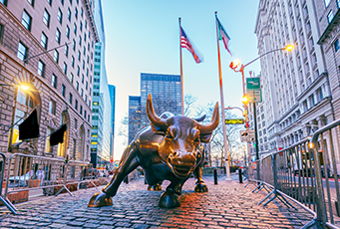After the election of President Trump in late 2016, people began to speculate about how a corporate tax overhaul would impact the stock market. You may not have thought about it, but how companies use their cash to benefit shareholders can affect the stock market. They can increase dividends or buy back stock. Here’s how the market views each method.
Paying Out Dividends
Companies can choose to spend their cash by increasing the dividends they pay out to their shareholders. They typically do this in two ways. The first, and most widely used method is to increase the payout of the current dividend. Generally, this is viewed as a positive move. Why? It signals the stock market that management is confident about the future. Dividend increases are usually permanent. Companies decrease dividends only in dire situations since the stock market usually punishes those that lower their dividends.
The second option is to pay out a special or “one-time” dividend to shareholders. These dividends are normally quite large. The stock market gives a “thumbs up” to this method as well, although it tends to have a limited impact on the price of a company’s stock.
Buying Back Stock
Another option a company can employ is to use excess cash to buy back its own stock from existing shareholders. In theory, this automatically increases the value of the shares for remaining owners. Here’s how it works:
Prior to Buying Back Shares: The company is worth $100,000 and has 100 shares in the market. Each share is worth $1,000, which represents 1 percent ownership in the company (1/100 shares).
After Buying Back Shares: The company buys back 20 shares for $20,000. Now the company has only 80 shares in the stock market so each share now represents 1.25 percent ownership in the company (1/80 shares).
In this scenario, remaining shareholders should see their shares increase in value by roughly 25 percent since their ownership went from 1 percent to 1.25 percent with the buyback.
How the market views share buybacks is more complicated. Generally this move signals the company is bullish on its stock and the stock market views it as a positive. But it can backfire. In our example, the company bought back its shares at $100. If stock prices plunge, the company now is worse off because it purchased shares at a higher price.
Here are some share buyback issues the market considers:
Is the company being prudent?
A company with a sound share buyback program is viewed more favorably. For example, Warren Buffett once stated that he’s only willing to buy back his shares below a certain valuation level. He’s not willing to buy the stock if the share price is too high.
Does the company have something better to do with its cash?
When a company uses its cash for a share buyback that might indicate it doesn’t have internal projects to fund in the pipeline. This triggers doubt about the future growth potential of the stock.
Is the company attempting to manage earnings?
This can go hand-in-hand with the second bullet point. Some companies may be perceived as using stock buybacks to make earnings look better. Remember, because there will be fewer shares in the market anything you look at “per share” appears better.
Is the company really reducing the shares in the market?
Many technology companies grant employees shares as incentives. Eventually those shares hit the market, increasing the number of shares outstanding. Some companies use share buybacks as a way to neutralize this impact. In this scenario, the company may not be reducing the number of shares in the market, which could inhibit stock price increases.
As you can see, the market can be influenced – either positively or negatively – by how individual companies use their cash to benefit shareholders. Next time you hear of a company increasing dividends or doing a cash buyback of its stocks, you’ll have a better idea of how the stock market views it!
Recommended Articles
International Stocks: Exploring Global Investments
Investing in international securities offers an appealing...





